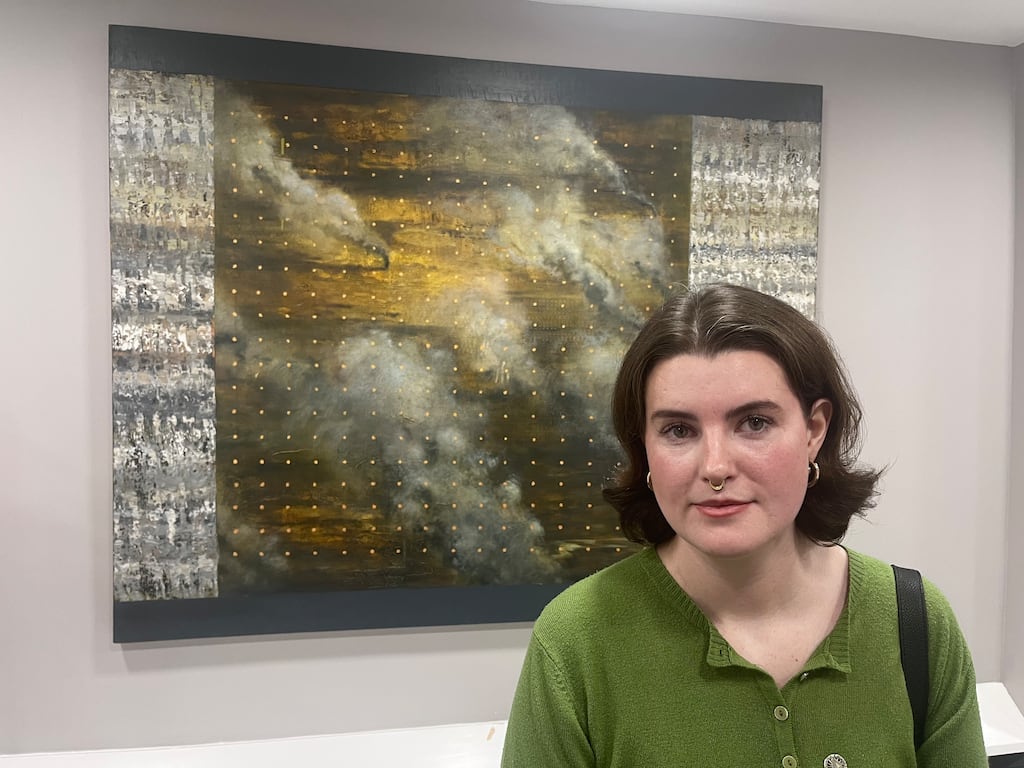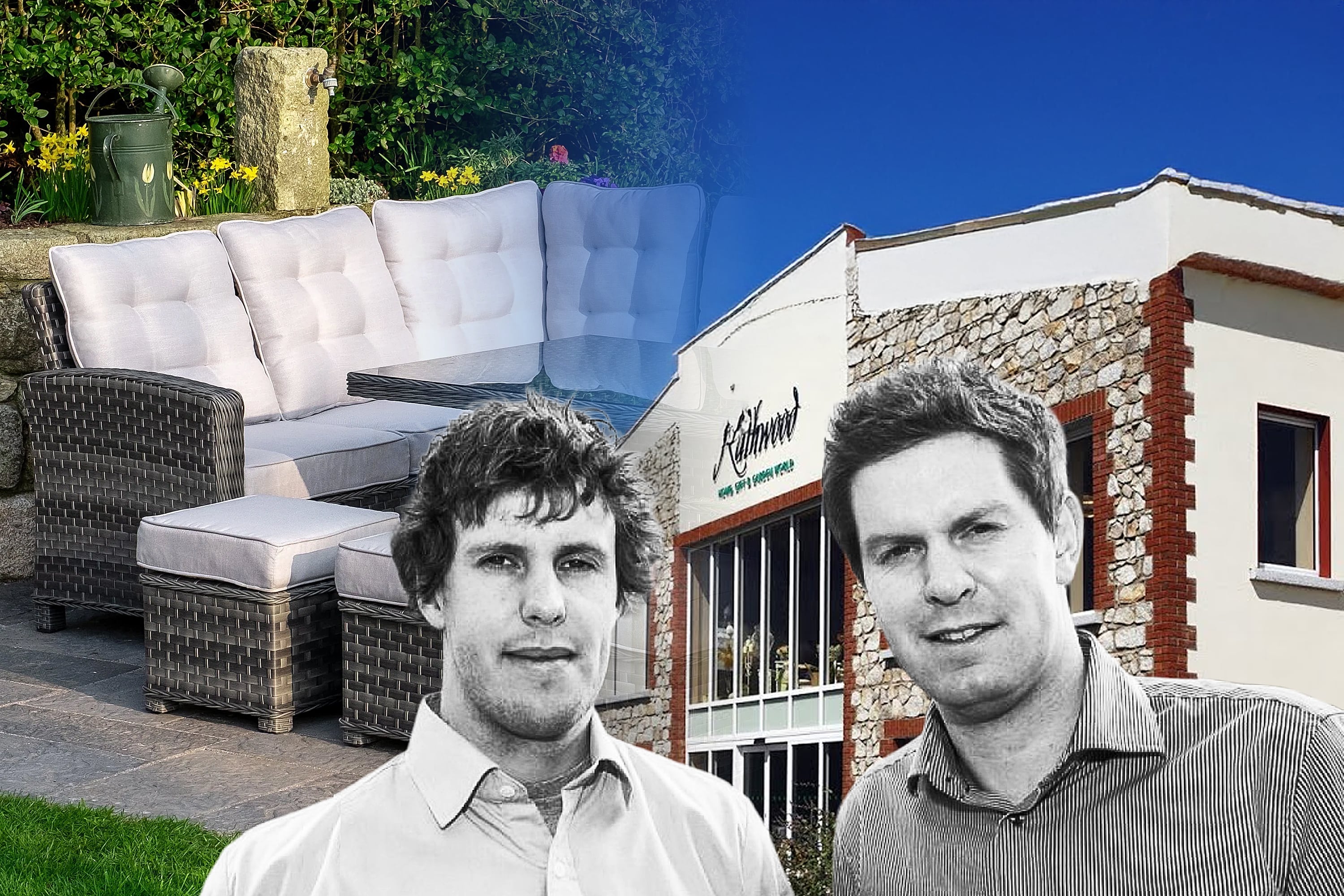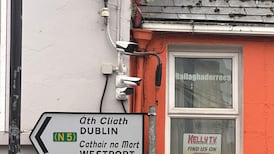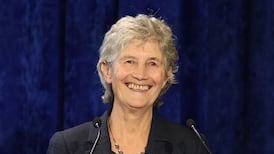High rates of unemployment among members of Ireland’s Traveller and Roma communities are evidence of the racism and discrimination they continue to suffer, an event in Dublin has heard.
Members of Pavee Point and the Irish Traveller Movement (ITM) were on Monday joined by representatives of the Irish Human Rights and Equality Commission (IHREC), the Department of Justice, employers and trade unions for the publication of Traveller and Roma Inclusive Employment – Employer Guide.
The document offers practical advice and support for employers seeking to take on members of the communities, which the 2022 census highlighted as facing unemployment rates of up to 61 per cent.
A number of existing initiatives, including an internship scheme in the Civil Service and a wider apprenticeship programme led by the ITM, have shown that greater awareness, combined with even minor supports and accommodations, can boost employment prospects, the event heard.
READ MORE
However, much more is needed if the unemployment rates are to be significantly reduced.
Lucy McCann (27), from Rialto, Dublin, who entered the Civil Service nearly three years ago as part of the internship scheme, now works for the Public Jobs recruitment service.
She is helping to recruit for the next round of the programme, which offers 21 positions across 11 Government departments.
Ms McCann, whose father is a Traveller, said it has been “a really good experience” and she enjoys her work.
“I think there’s a huge amount of enthusiasm for the programme,” she said. “There’s a lot of collaboration, which I think is probably the most important part. You can’t do anything for a group of people without their feedback and ideas. So that’s been really encouraging to see.”
Mary Donohoe, head of policy and programmes at the Department of Justice, which is leading the Civil Service programme, said it is part of a wider effort in recruitment to “better reflect the society that we serve”.
She said the latest round has taken account of lessons learned during the first, with internships added in six regional offices as well as in Dublin. She said more support is being provided at the application stage and a “contained competition” is planned for a number of permanent jobs at the end of the internships.
Liam Herrick, chief commissioner of IHREC, which produced the guide in conjunction with the IMT, Pavee Point, Ibec and the Irish Congress of Trade Unions, said it is “entirely right that the Civil and Public Service should take the lead on addressing societal injustice.
“But I also strongly believe that if we see the examples of success in the public sector, that should inspire the private sector too, and that’s why it’s so important.”
Zoë Deverell, head of diversity, equity and inclusion at the ESB, said other employers have been inquiring about the organisation’s programme which, after a period of preparatory work, has helped its first recruit into an electrical apprenticeship programme.
There was, she said, a lot of interest in the apprenticeships when they spoke to the communities about the potential opportunities, and “somebody always has to be the first person but I think this is the first of many”.
For now, though, the Traveller and Roma communities continue to lag far behind the wider population on key measures like educational attainment and employment, said Dr Kara McGann, Ibec’s head of skills and social policy.
“These statistics are not just numbers on a page,” she said. “They represent a profound loss of potential, for individuals and families, the economy and our society.”
Rudolf Simonic, of Pavee Point, said a key problem is the perception that Travellers and Roma do not want to work, when the reality is they need measures and supports to help them overcome barriers like discrimination.
Bridget Kelly, national policy co-ordinator, employment and enterprise, at the ITM, said Travellers want to work and to have “the same opportunities to do that as anyone else”.













